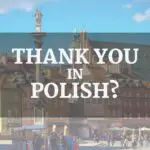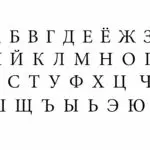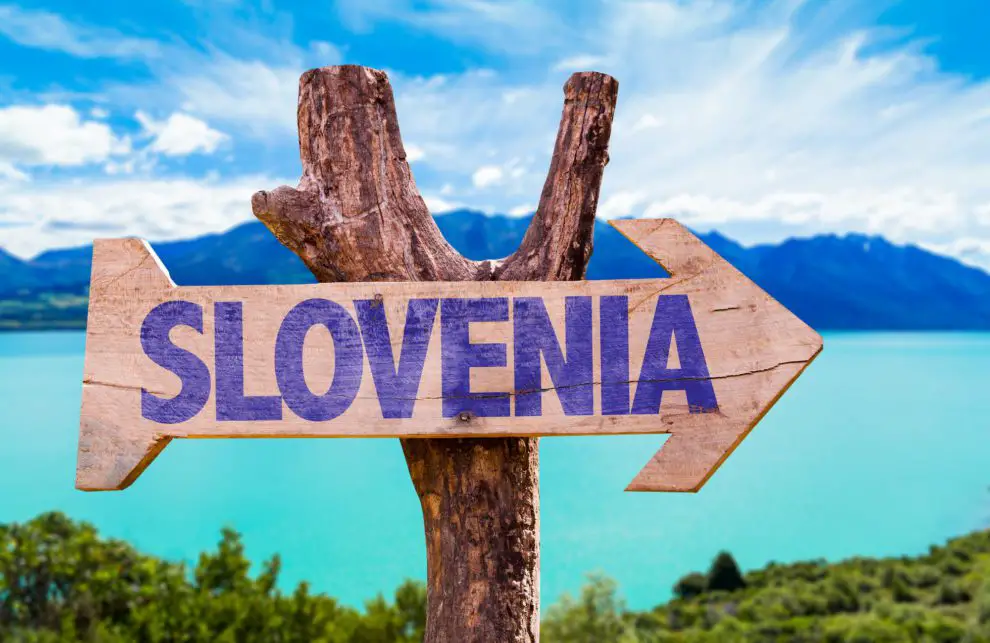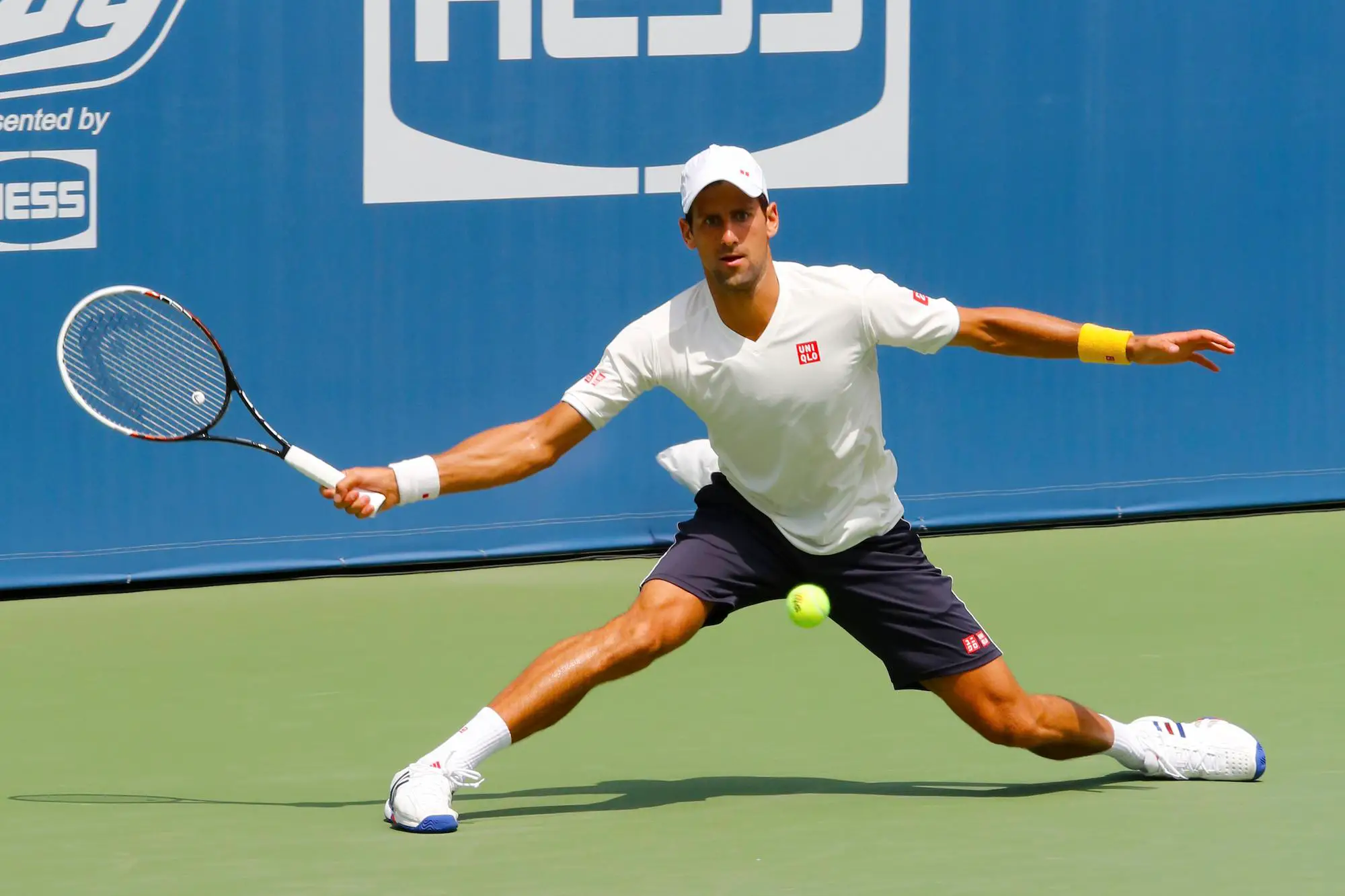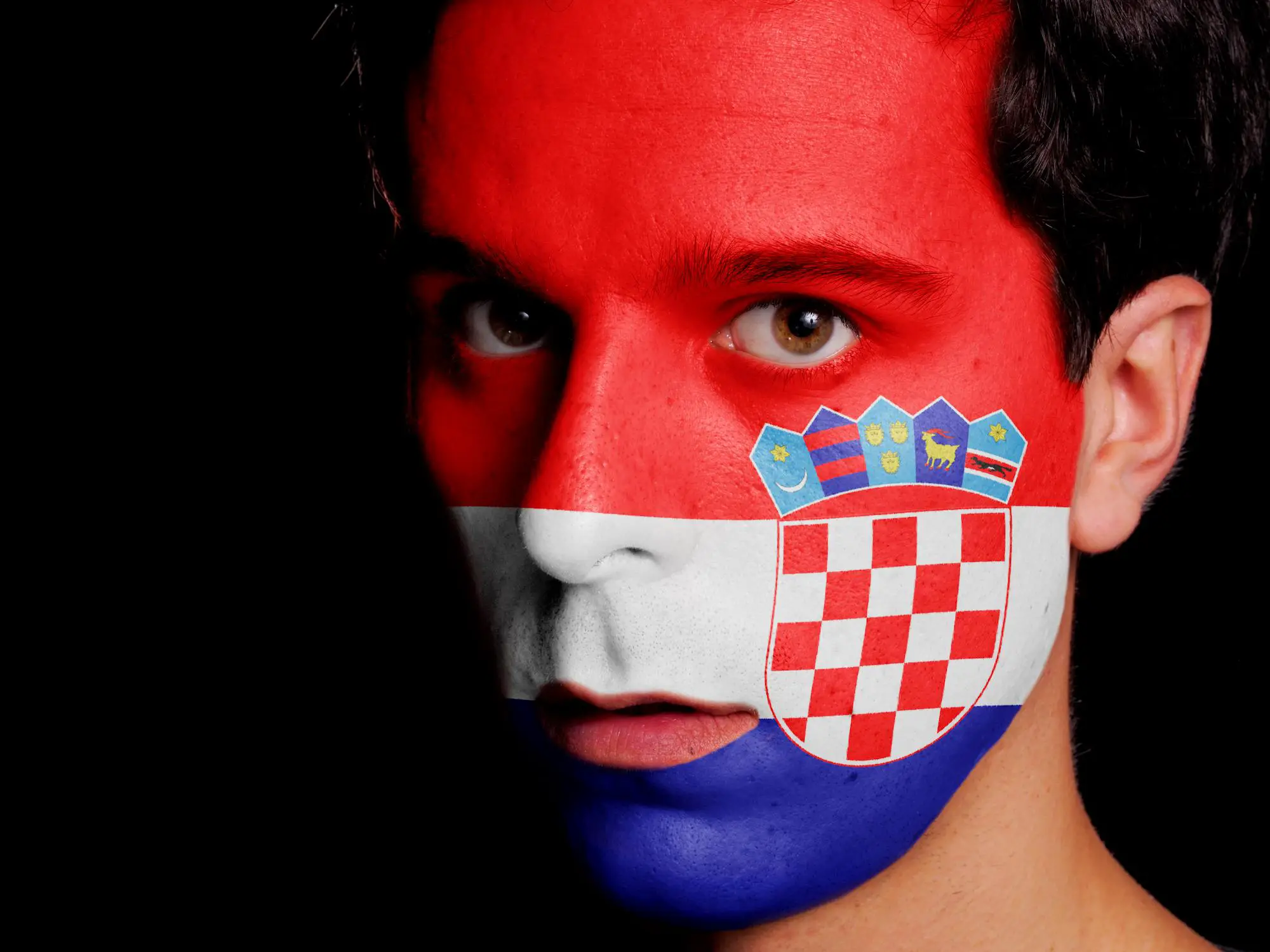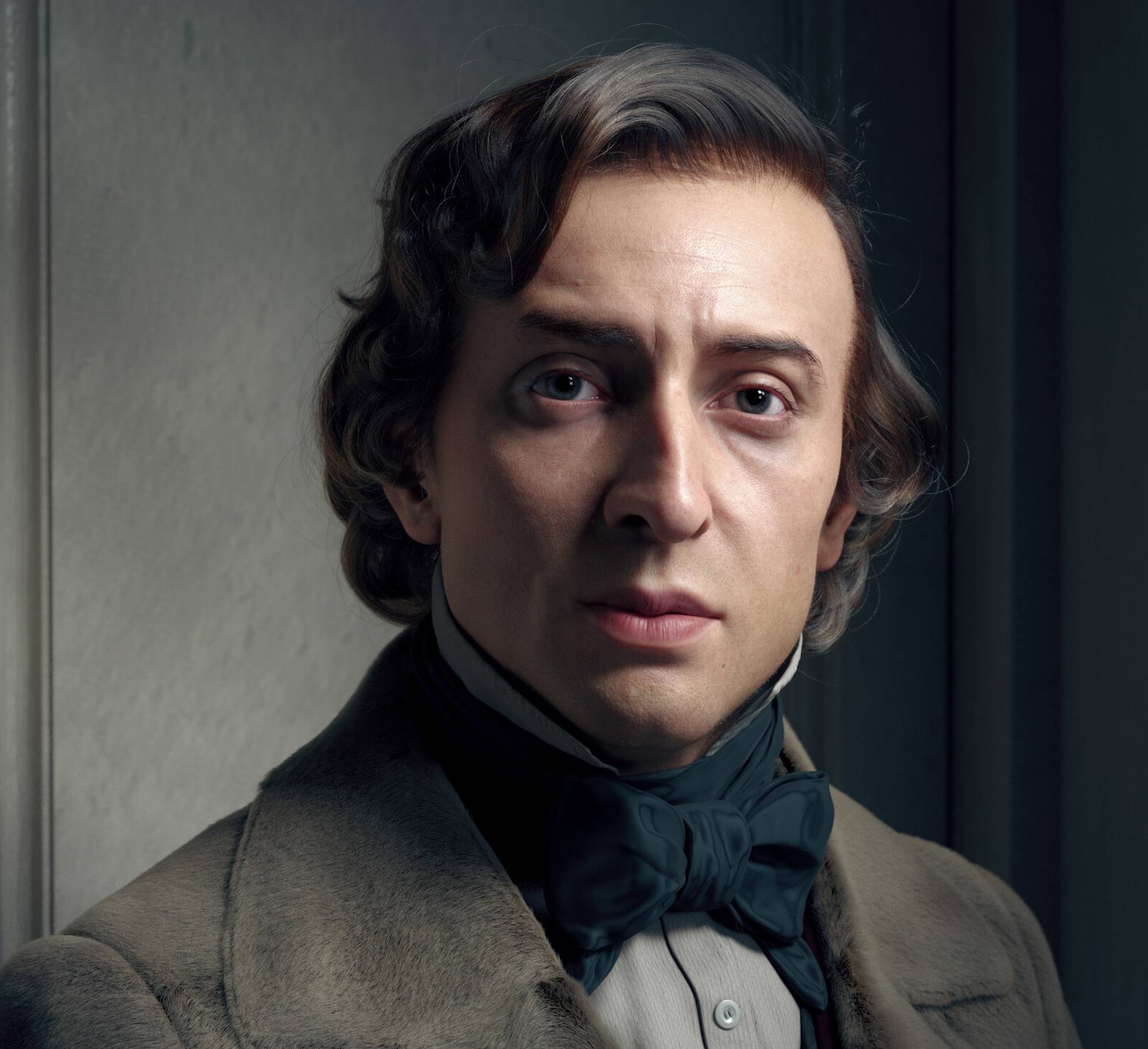When someone says Slovenia, people usually think about a small mountainous European country in the northern part of the Balkan peninsula. More than ½ of its territory is covered in forests and greenery [1].
Slovenia stands at the crossroads of Slavic, Romance, and Germanic cultures and languages.
It has a vibrant and versatile history, as it’s been a part of many different states: Roman, Byzantine, and Hungarian Empires, Venetian Republic, Austro-Hungarian Empire, Kingdom of Serbs, Croats, and Slovenes, Socialist Federative Republic of Yugoslavia.
It became independent in 1991.
Unlike its former Yugoslav counterparts, this country has a very stable economy, a high living standard, and has been pronounced the greenest European country (in terms of ecology and green policies).
However, the greatness of a land depends on its people’s excellence, so in this article, we’ll talk about some of the famous Slovenians, responsible for what this country is today.
Table of Contents
Famous and Important Slovenes
1. France Prešeren
Born in the very beginning of the 19th century, this Slovene classical poet virtually inspired all Slovene literature that followed [2].
This author mostly wrote ballads and epic poetry, tying together motifs of unhappy love and living in a subjugated homeland.
The most important motif from his poetry is the “hostile fortune” adopted by Slovenian people after WWII as the national myth [3].
Prešeren spent his lifetime conflicted with the Slovenian establishment and the local bourgeoisie. He had severe drinking and depression problems and tried to kill himself twice.
He was born into a well-situated family in the Upper-Carniolan village Vrba, but as soon as his parents realized he was smart and talented, they sent him to be schooled in Ljubljana.
Afterward, he studied law in Vienna and became a lawyer. Then, he worked in Leopold Baumgartner’s firm.
One cannot but wonder how a talented mind of an author trapped in the role of a lawyer can maintain his sanity?
From 1830 to 1835 Prešeren had his most productive years. During that period, the author finished his aesthetically most pleasing poems, thanks to his best friend Matija Čop’s support and advice – to turn his rejecting muse Julija Primic into a poetic figure, just like Petrarca did with his.
In 1835 Čop drowned in the Sava River and Julija married another man. That year, everything went downhill for the great Slovene poet, but all of it never discouraged him from writing.
Some of his famous collections of poems are “A Wreath of Sonnets” and “Sonnets of Misfortune”.
2. Jernej Kopitar
If it weren’t for Jernej, also known as Bartholomeus Kopitar (who lived in the late 18th and during the 19th century), there wouldn’t be a Slovenian language in the form that we now know it.
He was a philologist and linguist, working in Vienna as the imperial censor for Slovene literature. He also played a crucial role in establishing of Serbian language, as he helped and lobbied for the Serbian linguist Vuk Stefanović Karadžić.
Born in the Carniolan village Repnje (then Habsburg Monarchy), he studied in Ljubljana (Slovenia now) and later in Vienna. In Ljubljana, he had a chance to be a part of entrepreneur Sigmund Zois’s circle of Enlightenment.
In the 1830s, this linguist was involved in the “Alphabet war” – a debate over the Slovene language (at the time all Southern Slavic languages) reform. France Prešern and his best friend, philologist Matija Čop, sharply criticized Kopitar’s views.
Kopitar’s idea was that all Southern Slavic languages should gradually evolve towards a unified language. Prešern and Čop opposed this idea as they believed that Slovenia should form its own high culture and language.
The outcome of this discussion was accepting a compromise solution – the adoption of Gaj’s Latin alphabet.
3. Slavoj Žižek
One of the brightest contemporary theorists and critics, Slavoj Žižek has become an icon of modern political thought. In 1990, this philosopher ran in the Slovenian presidential election, but sadly, finished second with 36.3% of votes.
Today, Slavoj Žižek holds a senior researcher position at the Institute for Sociology and Philosophy at the University of Ljubljana, Slovenia.
He’s an international director of the Birkbeck Institute for the Humanities and the professor of philosophy and psychoanalysis at the European Graduate School [4].
Some of the topics this philosopher writes are about political and film theory, culture, religion, and psychoanalysis. He harshly criticizes neoliberalism, while developing his thoughts on socialism, communism, and other alternative and progressive social arrangements.
After publishing his first book in the English language, “The Sublime Object of Ideology”, where he offers a new way of looking at ideologies, he gained international recognition as a philosopher.
Žižek is also a narrator and main character in two British documentaries: “The Pervert’s Guide Through Ideologies” and “The Pervert’s Guide Through Cinema”.
One of the events that recently brought him in the public eye was his debate against the Canadian psychologist and lecturer Jordan Peterson in which they discussed capitalism versus marxism from their obvious positions.
4. Tina Maze
Unlike its Ex-Yu counterparts, Slovenia is not that famous for its football or basketball players, but they compensate for that with successful winter sports champions.
One of them is Tina Maze, a sportswoman whose career highlight includes winning two gold Olympic medals at the 2014 Winter Olympics.
She started as the giant slalom champ but later competed in all alpine skiing disciplines. She’s been awarded the title of Slovenian Sportswoman of the Year (6 times in her career) and she has won 26 World Cup races during her career as an alpine skier.
While winning the World Cup title in 2013, Tina also broke the World Cup points record previously set by Hermann Maier (just to name a few of her achievements in this Slovenian national sport).
Maze retired in 2017, at the age of 33. Today, she is a 37 years old mother, holding a Faculty of Education degree as an elementary school teacher.
5. Sasa Vujačić
Sasa Vujačić is a Slovenian-American basketball player, best known for being selected for the United States LA Lakers in the first round of the 2004 NBA draft.
Before that, he played for clubs Branik, Polzela, and Snaidero Udine. He also played for the Slovenian junior national team before being selected for the LA Lakers.
Throughout his career, he switched several clubs in the United States: New Jersey Nets, LA Clippers, and New York Nicks.
He was also a basketball player at Istanbul BB, Reyer Venezia Mestre, Anadolu Efes, and Laboral Kutxa.
6. Grega Žemlja
Grega Žemlja is a 34-year-old, retired Slovenian tennis player who won five singles and one double title on the ATP Challenger Tour. Žemlja is the first Slovenian tennis player to achieve these things:
- Reach the third round of the US Open;
- Reach the third round of Wimbledon;
- Be among the top 50 tennis players in the world;
- Earn more than $1 million in prize money.
He’s also the highest paid Slovenian tennis player in history and represents the country as a Slovenia Davis Cup team member.
7. Melania Trump
Melania Trump is probably the most famous Slovenian woman in the world. Before becoming a businesswoman, Donald Trump’s wife and the first lady of the United States, Melania was a Slovene-American model.
After building a career as a model in SFRJ, Italy, and France, Melania moved to the United States in 2001. Four years after that, she married Donald Trump and became a U.S. citizen.
An interesting fact about Melania Trump is that she’s the second non-native first lady in the U.S., but the first one whose native language isn’t English.
Throughout her mandate as a first lady, Melania was accused twice of plagiarism (she was the first first lady to achieve that).
The first time, she gave a speech at the 2016 Republican National Convention and used a paragraph nearly identical to the paragraph in Michel Obama’s speech at the 2008 Democrat National Convention [5].
The second time, Melania Trump was copying the 2014 FTC document for her “Be Best” campaign focused on youth well-being and advocating against drug abuse and cyberbullying [6].
8. Martin Strel
Slovenia is home to one of the most elite endurance athletes in the world- long-distance swimmer, Martin Strel.
Born in former Yugoslavia in 1954, this Slovenian athlete holds successive Guinness World Records for swimming not one, but three major rivers: the Danube river, the Mississippi River, and the Yangtze River.
In 2010, he and his son founded a company. They offer swimming adventures at Lake Powell, Arizona, lakes Bled and Bohinj in Slovenia, Croatia’s Dalmatian coast, Montenegro Adriatic coast exploring fjords and coves, and in the Mediterranean Turkish coast [7].
He was also a star in the documentary “Big River Man”, chronicling his historical swim of the Amazon River [8].
9. Jurij Zrnec
One of Slovenian most prominent public characters is Jurij Zrnec. This actor, comedian, TV presenter, and director, came into the public eye after leading an award ceremony, where he positively surprised the audience and the jury with his humor.
That same year, he became a Slovenian National Drama Theater member in Ljubljana, Slovenia, where most of his artistic work still happens today.
You probably know him from movies like “We’re Going Our Separate Ways”, “Garfield” (he did the voiceover for Garfield himself), “Let’s Go On Our Own 2”, or “Planet 51.”
10. Danilo Türk
After Slovenia gained independence in 1992, Türk became the first Slovene Permanent Representative in the UN and the UN Security Council president until 1999.
Soon, he built his career in the UN, working side by side with Kofi Annan as UN Assistant Secretary-General [9].
In 2005 he became a professor in international law at the University of Ljubljana and wrote several books on the same topic.
In 2007 he ran in the Slovenian presidential election as an independent candidate and got backed up mostly by leftist parties. He won the elections in the second round with 68.2% of the votes.
In 2012 however, his mandate ended and Borut Pahor took his place. Then in 2013, the politician decided to run for UN Secretary-General.
Although he received a lot of support from the Prime Minister Alenka Bratušek, Minister of Foreign Affairs Karel Erjavec, and the new president, this former Slovenian president failed on this quest.
11. Slavko Avsenik
The most inspiring musician and composer from 20th century Slovenia, Slavko Avsenik formed a band with his brothers called Avsenik Brothers in 1953. This duo produced more than 1000 songs and became popular across Europe and America [10].
This band’s sound inspired ethnic music composers in Austria, Germany, Switzerland, North Italy, and Benelux countries.
The band sold more than 12 million records and earned 31 Gold, 2 Diamond, and 1 Platinum record. Slavko was often referred to as the Johann Strauss of the 20th century.
They performed in front of audiences of millions, in front of heads of states, on radio and television, and held thousands of concerts.
12. Janez Janša
Currently the Prime Minister of Slovenia, Janez Janša began his political career as a communist, but he’s drifted towards the far right over the years [11].
He’s been the Slovenian Democratic Party leader, but this party has, over time, moved to the right of the political spectrum.
During the communist regime, Janša was a dissident and under Yugoslav secret police watch for his criticism of the Yugoslav People’s Army. He wasn’t allowed to participate in political life nor gain employment in state-owned institutions and companies.
When the Slovenian War for Independence broke out in 1991, Janša served as the Minister of Defence. He found himself in that role again in 2004. In 2012 he became the Prime Minister.
After this mandate, he was charged to two years in prison for corruption, but the verdict was soon overturned by the Slovenian Constitution Court, without any valid explanation.
He became the PM again in 2020, although many critics call him “the Donald Trump of Slovenia,” criticizing him for his right-wing extremism and his close relations to the Hungarian PM Viktor Orban [12].
13. Peter Prevc
As we mentioned already, Slovenia is very well known for its winter sports champions. The 28-year-old Prevc is one of them.
Peter is a Slovenian ski jumper and probably the most successful contemporary athlete. In 2014 he won two bronze and silver Olympic medals and in 2016 he won the ski jumping World Cup.
He also held a world record in the 250m ski jump for quite a while, which is still the Slovenian national record.
He was pronounced Slovenian Sportsman of the year for four years in a row from 2013 to 2016.
14. Anže Kopitar
You’ve seen this surname before in this article, but this time, we’re talking about a professional hockey player.
Born and raised in Jesenice (now Slovenia, then Yugoslavia), by a hockey-playing father, Anže learned how to skate at the age of four.
He currently plays as the ice hockey center and captain of the LA Kings (in the NHL). In 2005 he became the first Slovenian player to play in the NHL.
He built his career with the Kings and was awarded the Frank J. Selke Trophy (twice) for his flawless offensive and defensive plays.
Before moving to the US, he played for his hometown team HK Acroni Jesenice. He moved to Sweden at the age of 16 to play in a more competitive league. In 2006 he joined the Kings in the US.
Furthermore, he represented the Slovenian national team in junior and senior tournaments and at the Winter Olympics in Sochi in 2014.
After winning the Stanley Cup in 2012, the Slovenian government recognized him as one of the most successful Slovenians in sports. He even got a government-sponsored website.
15. Jan Oblak
Although Slovenia did not spawn many top-tier football players (there are some, but football is not this country’s strongest side), Jan Oblak is a real refreshment and a big surprise. This football player is considered to be among the best goalkeepers in the world.
He currently plays this position for Atletico Madrid and the Slovenian national team.
Born and raised in Škofja Loka, Slovenia, at the age of 17, he started playing for Benfica. He later moved to Atletico Madrid, whereas a player he received the Ricardo Zamora Trophy for the best goalkeeper. He received this trophy three more times.
Although he’s a world-class player and among the most expensive goalkeepers in the world, he remained loyal to Atletico Madrid and I think he’s not going anywhere (but who knows these things.. only God and Atletico Madrid executives).
16. Anamarija Lampič
Born in June 1995, Anamarija Lampič has already built an enviable career as a cross-country skier.
In 2018 she participated in the Winter Olympics along with her father, Janez Lampič.
Before that, she participated in the World Championships three times, before winning a silver medal in 2019.
Final World
I hope you enjoyed discovering some of the most remarkable Slovenians in history and those currently living and contributing to this country’s greatness.
From politicians to NBA players, actors, and top-tier skiers, this small country truly has many interesting characters to offer.
Although most of them built great international careers and left a mark on the overall world heritage, most of them remained loyal to their native Slovenia.
If you’re planning a trip to Slovenia and you’re wondering what to do there, check out our article about some great Slovenian dishes to try!




